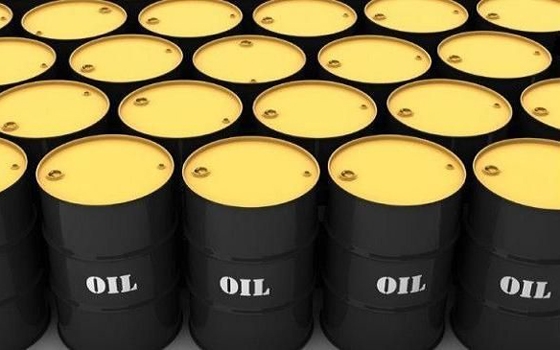Saudi economists expect oil prices to decline further in the coming years if producing countries inside and outside the OPEC fail to reach an agreement to stop the downward trend.
They have also advised the government to peg the oil price between $45 and $50 while preparing the national budget for 2015.
"The Organization of Petroleum Exporting Countries alone cannot determine market prices now because it controls only 40 percent of the market and there are several players with conflicting interests," Ehsan Buhulaiga, a prominent economist, told Arab News.
He emphasized that the budget would not be affected as long as the price stays above $85 per barrel, adding that the country's huge reserves would offset the budget. "The lack of solidarity and vision has weakened the OPEC," he observed.
Petroleum and Mineral Resources Minister Ali Al-Naimi believes the market would stabilize itself.
Meanwhile, Saudi Arabia has failed to reach an agreement with Russia, Mexico and Venezuela to cut output.
Buhulaiga said the market is now determined by demand and supply. Producers are competing with one another, creating an over supply that has brought down crude prices by 32 percent since June.
Mohammed Salim Sabban, an oil expert and a former economic adviser to the minister of petroleum and mineral resources, predicted oil prices would continue to dip, despite OPEC's efforts to stabilize market.
He also stated that oil prices would never cross $100 again. "It will be a thing of the past."
Sabban said there was nothing surprising in the price plunge for those who follow international market developments as they see some countries adopting policies to reduce consumption. "Depression in Europe, China and some developing countries has brought down the demand for oil," he pointed out.
He said efforts to push prices above $100 had two negative results. It encouraged consumers to think of alternative energy resources and producers to increase output. US shale oil output has reached 3.5 million barrels. Shale oil would remain in the market even if prices hit at $60, he said.
Arab News
28 November






















































